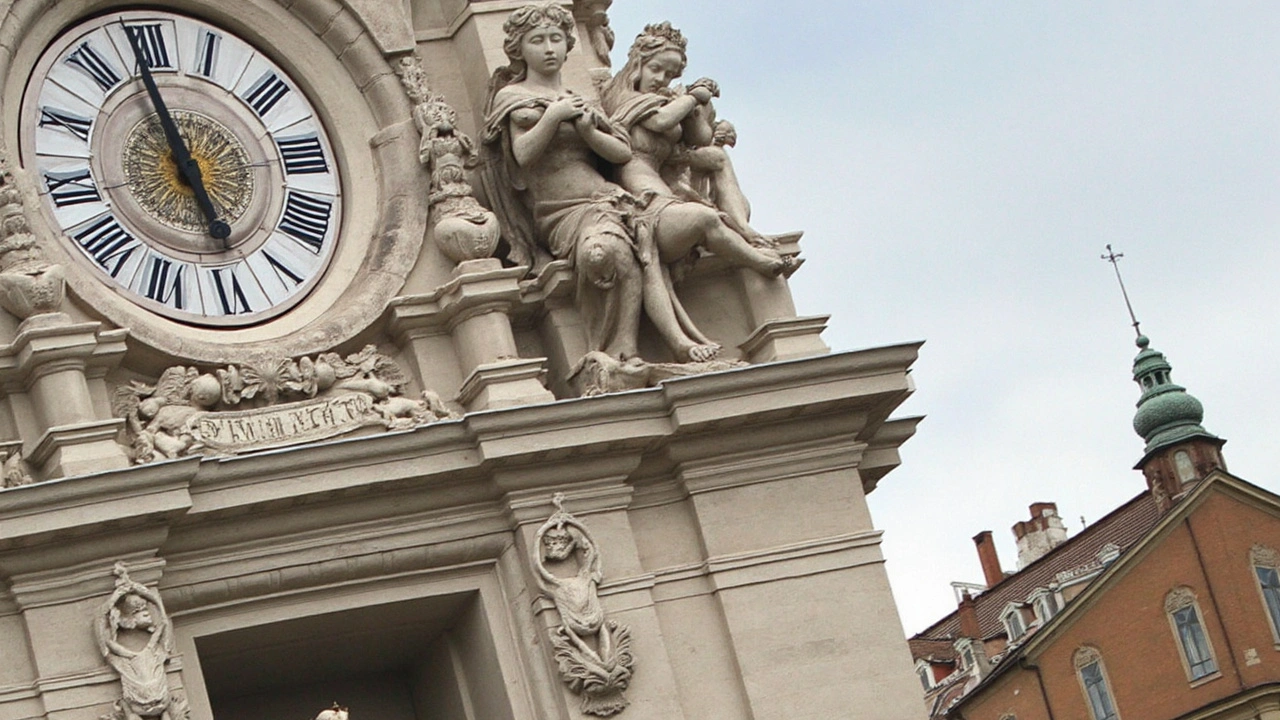News of Pope Benedict XVI’s death on December 31, 2022, sent a ripple of emotion across the globe. Tributes from heads of state and the Church poured in, reflecting not only on his deep intellect but his unique role in Church history. His passing marked the end of a significant chapter, as many leaders took the moment to reconsider both his written legacy and the bold choices he made, particularly his resignation—a move essentially unheard of in modern times.
U.S. President Joe Biden, only the second Catholic to hold the office, shared personal admiration for Benedict’s “lifetime of devotion” and described him as a “renowned theologian.” Biden brought up the pope’s ability to shape the minds and hearts of Catholics everywhere through his scholarship. European leaders echoed these sentiments. French President Emmanuel Macron hailed Benedict for working towards “a more brotherly world,” suggesting that his influence went beyond theological circles and entered the realm of global unity.
Across the Channel, UK Prime Minister Rishi Sunak remembered the late pope’s 2010 visit to Britain as a moment of major significance, both for British Catholics and the wider faith community. Sunak’s words pointed to how Benedict’s ability to connect with different nations shaped his papacy. The Archbishop of Canterbury, Justin Welby, didn’t mince words either—calling Benedict “one of the greatest theologians of his age.”

Benedict’s impact wasn’t just about his intellect. As Bishop Georg Bätzing of Germany stressed, it took true courage for Benedict to become the first pope in centuries to step down. When he resigned in 2012, he cited age and failing strength, but many see that gesture as embodying humility and realism—a recognition that even popes are human and sometimes need to pass the torch. That decision alone set Benedict apart, creating a new path for future Church leaders.
Even in retirement, Benedict didn’t just fade into the background. The U.S. Conference of Catholic Bishops, represented by Archbishop Timothy Broglio, appreciated his “quiet prayer and study.” Benedict’s post-papacy years became a model for contemplative service—he remained present through thoughtful writing and silent devotion. Many Catholics took comfort knowing he was still praying and reflecting for the Church, even if outside the spotlight.
In Europe, Archbishop Gintaras Grušas spoke on the late pope’s push for the continent to remember its Christian roots. Benedict’s unwavering focus on Europe’s religious heritage and the need for evangelization appeared again and again in his speeches. He wanted to remind modern societies that cultural and spiritual histories matter, and that they continue to shape values and attitudes today.
All these reactions to Pope Benedict XVI’s death reveal a leader remembered for more than just doctrine. He’s regarded as a scholar who could bridge centuries of tradition with the realities of the modern world. His papacy, resignation, and quiet contemplation in his final years left a legacy that’s just as much about personal faith as it is about public statements—cementing Benedict’s unique place in Church history.
Write a comment